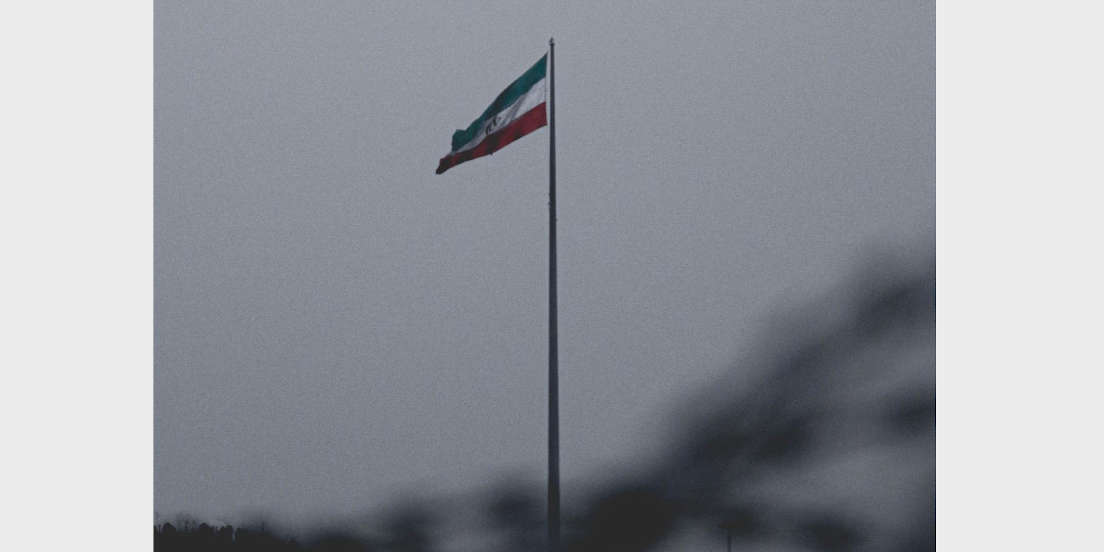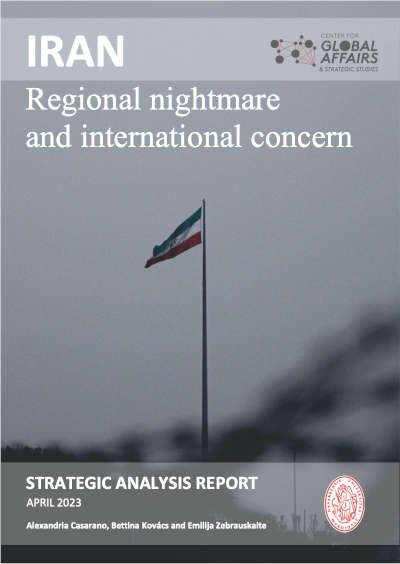EXECUTIVE SUMMARY
The quality of life in the current Islamic Republic of Iran is sufficient to prevent the fall of the regime for the short term, but insufficient to ensure political stability. The plurality of Iranian society produces political tensions that are easily exacerbated during times of economic hardship and result in recurrent protests, which the Iranianregime is adept in repressing via the use of force. The regime consistently follows periods of moderate reform from within the regime with a period of conservatism and undoing of the permitted liberalization. For the pastfive presidential terms, the regime has allowed its moderate opposition to win the presidency for alternatingintervals, appeasing social unrest, and projecting a higher quality of democracy to the international community without meaningfully impacting the regime's control of Iran. Conservative control of society has been tightened since Bush's 2002 "Axis of Evil" speech and even more so since Ahmadinejad's economicempowerment of the IRGC and the bonyads.
The regional influence of Iran in the Middle East is increasing and will continue to do so at least in the short term. Iran's regional popular reputation is mixed. Regardless, due to its hard power, Iran has been able to prevail even in the cases where the local elections turned out against its proxies by using brutal force, such as in Iraq. Iran currently controls four Arab capitals. Iranian successful proxy warfare in Yemen and regional demographic shifts in Iraq and Syria in favor of the Shias that can even amount to demographic reengineering are likely to continue and be intensified at least in the short term. However, Iran increasingly finds its expansionist role in the region in conflict with its national interests.
In Afghanistan, Iran has chosen to prioritize Iranian national security over its self-appointed role as the protector of Shia minorities by collaborating with the Taliban. In Syria, Iranian economic interests recently outweighed Iran's status as the most trusted ally of the Assad regime for decades. Though unlikely to deeply affect therelationship with Syria, the latest fallout between Syria and Iran due to the latter's increase in oil export prices might be a sign that Iran is overstretching its resources abroad. Iran boasts the recent resumption of diplomatic relations between Tehran and Riyadh. Coupled with the lack of similar advancements between Saudi Arabiaand Israel, this weakens the anti-Iranian bloc in the region, making the containment of Iran even less likely. While the threat of Iran led Israel and the Persian Gulf countries to a path of closer cooperation, it is unlikely thatthe Gulf nations would endorse any radical move regarding Iran on Israel's part. WithUAE not endorsing an attack against Iran due to the security reasons, Qatar building bridges with Tehran, and the legitimacy problems posedby Saudi cooperation with Israel, the latter is unlikely to receive any real Arab support in the offensive against Iran.
The war in Ukraine is driving Iran and Russia closer together militarily and economically, resulting in increased technological capacity in Iran which will contribute to Iran's proxy warfare. Russia's Gazprom's recent $40 billion USD deal with Iran may replace the lost Western FDI needed to fully exploit Iran's fossil fuel reserves.Iran still suffers under international sanctions: GDP per capita has dropped by half in the last decade. Still, greater trade with China and Russia, in addition to smuggling and an advanced tech industry, haveincreasingly allowed Iran to persist economically even under heavy international sanctions.
Iran's breakout period for weapons-grade uranium stands under a week at present. However, it would take Iran anywhere from six to 24 months to produce an effective atomic weapon. The Iranian approach to JCPOA renegotiations has been characterized by seemingly confident stubbornness rather than desperation. Iran has three demands: no more IAEA investigations into Iran's undeclared nuclear activities in the past, the removal ofthe IRGC from international terrorist lists, and JCPOA guarantees against another US unilateral withdrawal. Of these three demands, only the second can be legally conceded. Of the P-5 plus one, only China is recentlyendorsing the JCPOA enthusiastically. The Western members (US and E3) have increasingly criticized Iran for human rights violations and incompliance with the 2015 agreement. Since the beginning of the war in Ukraine, Russia's contribution to JCPOA negotiations became unconstructive. With US endorsement of the JCPOA being intensely dependent on internal politics, and Iranian consideration of the JCPOA being intensely dependent on US involvement, any JCPOA signage will likely occur, if at all, after the 2024 November USelections and likely by early 2025 at latest to ensure maximum lifetime of US JCPOA participation. However, itseems more likely than not that the JCPOA will not be renewed at all. Faced with a post- JCPOA Iran, there is a real potential of an Israeli attack on Iran, which could plausibly lead to US military support for Israel and a prolongation and expansion of the conflict. China's recent support for the JCPOA can be seen as an indicator of real international fear in the face of the strong potential for an Israeli attack as a response to increasingly ambitious Iranian nuclear hedging.


